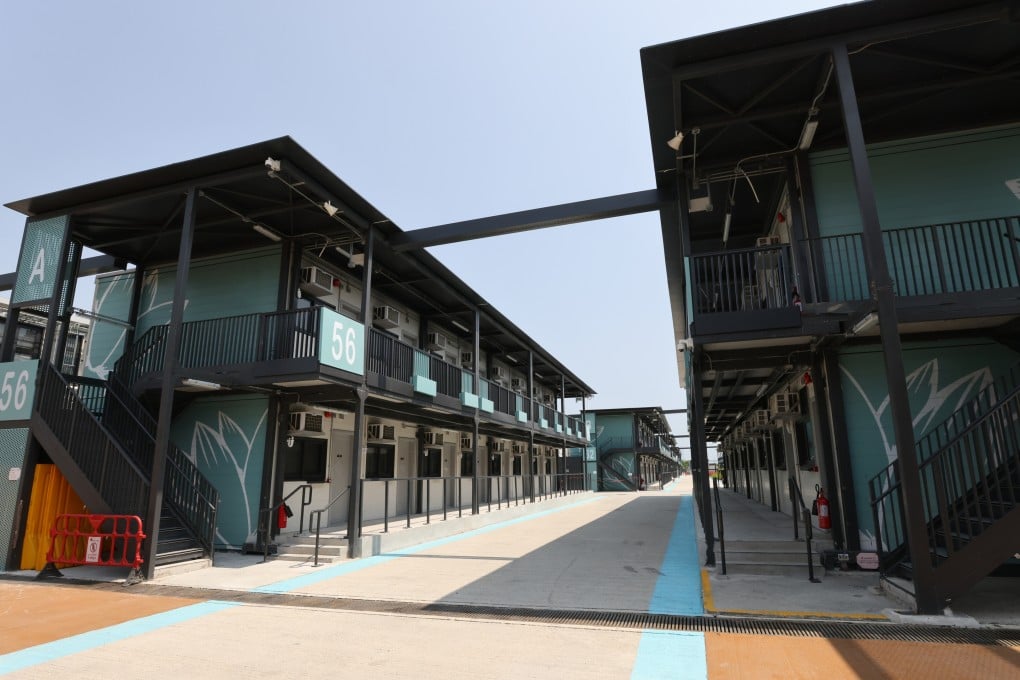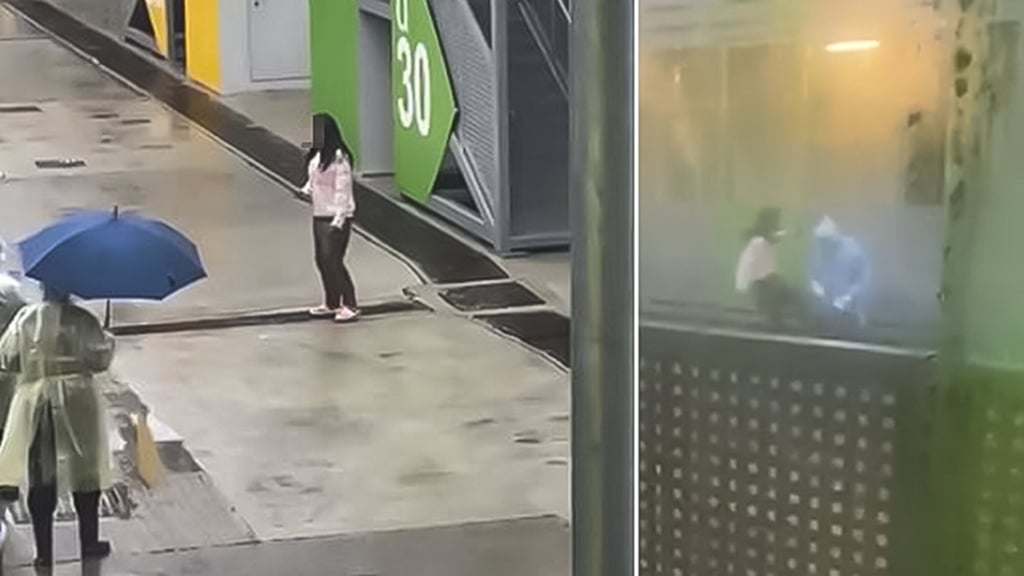How Covid-19 quarantine isolation in Hong Kong is hurting mental health amid reports of suicide attempts at Penny’s Bay; experts offer tips on managing feelings
- Uncertainty and a lack of control over testing and isolation increase mental health risks, experts say, with pressure reaching boiling point in Hong Kong
- Being able to isolate at home with your own things around you would help people better cope, says researcher who studied impact of world’s longest quarantine

Frustration is mounting as Covid-19 sweeps across Hong Kong, compounded by bottlenecks in the testing system and stretched resources at medical facilities. Within the mandatory quarantine camps, however, the pressure is already at boiling point.
In a widely circulated video, a visibly distraught woman at the community isolation facility at Penny’s Bay, on Lantau Island, is heard shouting at camp security guards, “Don’t pretend to care about me! I want to go back! I have recovered! I’m crazy!”
Because the distressed woman allegedly struck a security guard, police called to the scene listed the case as assault occasioning actual bodily harm.
Four suicide attempts within a 27-hour period were reported at Penny’s Bay last week. Police and firefighters were called to talk down a 59-year-old woman who was threatening to jump from a building. Meanwhile, a man who slept outside his isolation unit to protest a lack of support in getting urgent medication for a chronic condition said, “It [isolation] is like a concentration camp. No one would know if I died.”

“It is the tip of the iceberg,” says Professor Paul Yip Siu-fai, director of the Centre for Suicide Research and Prevention at Hong Kong University (HKU), referring to the recent spate of reported suicide attempts at Penny’s Bay. “The general mental health is not good.”